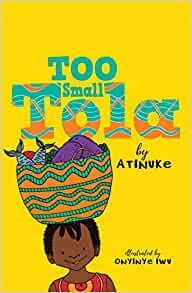The latest issue of the FCBG (Federation of Children’s Book Groups) blog has just popped in to my inbox. This interesting blog carries lots of short interviews with writers and illustrators of children’s books: some well-known, and some new names to watch.
 The lead article in this issue is an interview with Chris Priestley, talking about writing short stories, being a reluctant reader, and his latest book, Freeze.
The lead article in this issue is an interview with Chris Priestley, talking about writing short stories, being a reluctant reader, and his latest book, Freeze.
He makes the thoughtful point that short stories are great for reluctant and impatient readers. There is less information to hold in the memory, and that for a shorter time span.
With short stories the reader can delete all the files in their brain associated with that story as soon as it’s over. You will never need to know that character’s name again or that they lived in a house with a green door or had a dog with a limp. New story, blank slate.
The short story form may not feel natural to young readers who are more used to episodic television and series fiction, but in class when we ask children to compose a story, we are asking for a short story – a form they may rarely encounter.
We have a varied selection of short story anthologies in the Curriculum Centre. Try some of these:
- Atinuke, Too small, Tola (Walker Books, 2020)
- Anne Fine, Blue moon day (Doubleday, 2014)
- Eva Ibbotson, The Christmas star (Macmillan, 2015)
- Abi Elphinstone, Winter magic (Simon & Schuster 2015)
- Tracey Corderoy, Shifty McGifty and Slippery Sam (Nosy Crow, 2016)
- Jason Reynolds, Look both ways (Knights of, 2019)
For more information on each of these books, follow the links to each catalogue record.
Chris Priestley visits schools, often to run writing workshops, and has some useful experience to pass on around successful strategies for getting children writing in the classroom.






